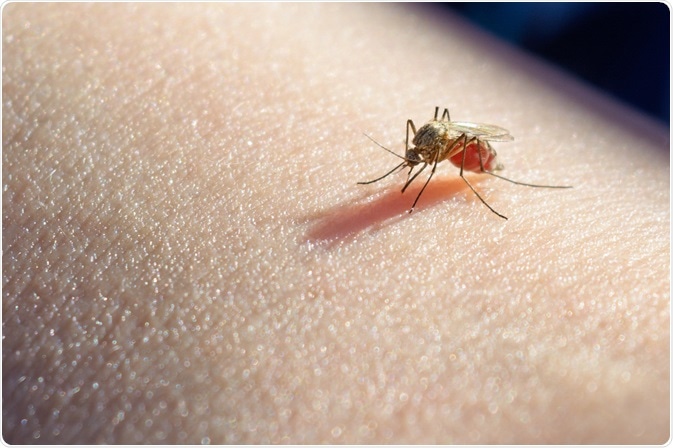Taking out travel insurance when going abroad is as obvious as buying plane tickets or booking accommodation for some people. This is usually an old habit that has always been done, or something that started due to some bad experience which would have been helped by travelinsurance.com.au.
Regardless, they have developed a habit that they view as being advantageous to them. However, while always buying travel insurance when traveling is a good habit to have, it should not be viewed as the sole precaution travelers take.
Some safety measures are understandable and are typically written in the insurer’s Product Disclosure Statement (PDS). These include announcing any pre-existing medical conditions and revealing whether or not individuals plan on participating in any high-risk activities, for example skiing or mountaineering. However, others are less clear cut, for example being vaccinated against diseases common to the location being traveled to.
Malaria and Travel Insurance
Malaria does not have a preventative vaccine, so the approach to evading malaria is a multi-step one, commonly known as the ‘ABCD approach’.

© Alexander Penyushkin/Shutterstock.com
Awareness of risk
Areas with a high-risk of malaria transmission include Central and South America, sub-Saharan Africa, the Indian subcontinent, Southeast Asia, the Middle East and Oceania. However, the mere knowledge that a country has a risk of exposure to malaria isn't sufficient. In addition, travelers need to be aware of the locations they will be traveling through and the time of the year. In certain areas the risk of malaria is limited to certain parts or linked to seasonal rainfalls. Furthermore, travelling through rural areas carries a larger risk than urban environments.
Bite prevention
The most effective defense against malaria is to avoid being bitten, or at least minimizing mosquito bites. The mosquitos transmitting malaria are most active at night, so while using protective clothing and insect repellents is advisable all the time that travelers are in an area at risk of malaria transmission, it is vital between dusk and dawn. Protective clothing includes long-sleeved shirts and full-length pants and the most effective repellents contain DEET at a concentration of 20 percent or higher. It is also imperative to always sleep under a mosquito net. In addition, if a room has a ceiling fan, turning the fan on will add an extra layer of protection.
Chemoprophylaxis
Using antimalarial medication is highly advised for travel in some areas with a high chance of malaria transmission. However, it is vital that travelers consult with their doctor or travel clinic before use, because all medications have side-effects that demand consideration in conjunction with any other medical conditions. An additional consideration is that prophylaxes can be region-specific and be less effective than others in certain areas.
Diagnosis
Preventative measures do not guarantee full protection from transmission of malaria, so the final step is for travelers to keep an eye on their health for up to a year after returning from their trip. Symptoms such as fever, diarrhea, vomiting, or muscle and joint pain ought to be reported as soon as they are noticed. Early diagnosis of malaria lessens the risk of complications and can additionally avoid a lengthy hospital stay.
The old proverb “prevention is better than cure” is clichéd, but it adequately sums up how individuals should approach traveling through locations with a risk of contracting malaria. Further, having travel insurance, but not taking any preventative measures against malaria, provides no protection whatsoever. If a preventable disease is contracted while traveling through a high-risk area without taking necessary precautions, insurers will deny medical claims, leaving individuals to pay for treatment on their own.
About Travelinsurance.com.au
Travelinsurance.com.au have been helping Australians buy travel insurance online since 1999. Their goal is to help you find the best policy for your needs and offer it at a discount price.
Travelinsurance.com.au has been designed to offer you the easiest way to compare and purchase your travel insurance, choosing from the major Australian brands such as; Suresave, QBE, CHI and Aussietravelcover travel insurance.
Sponsored Content Policy: News-Medical.net publishes articles and related content that may be derived from sources where we have existing commercial relationships, provided such content adds value to the core editorial ethos of News-Medical.Net which is to educate and inform site visitors interested in medical research, science, medical devices and treatments.